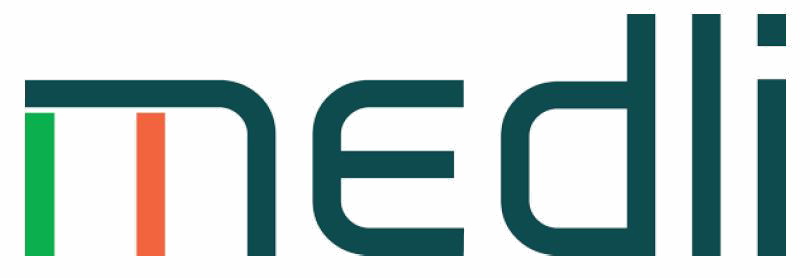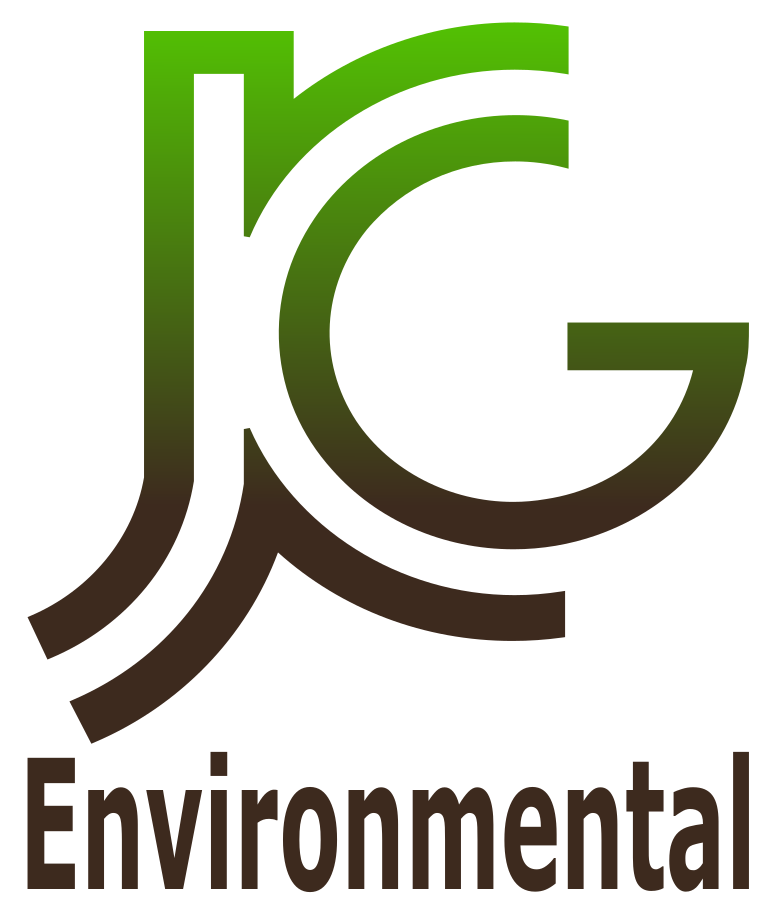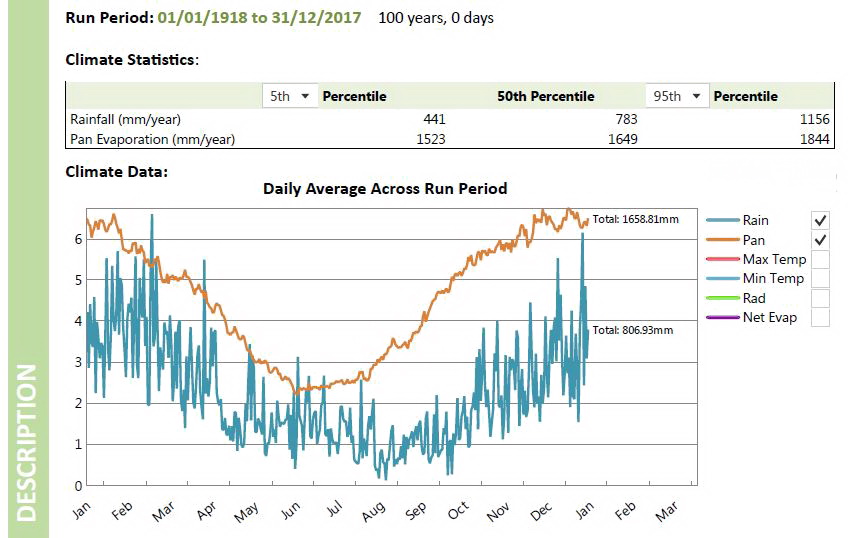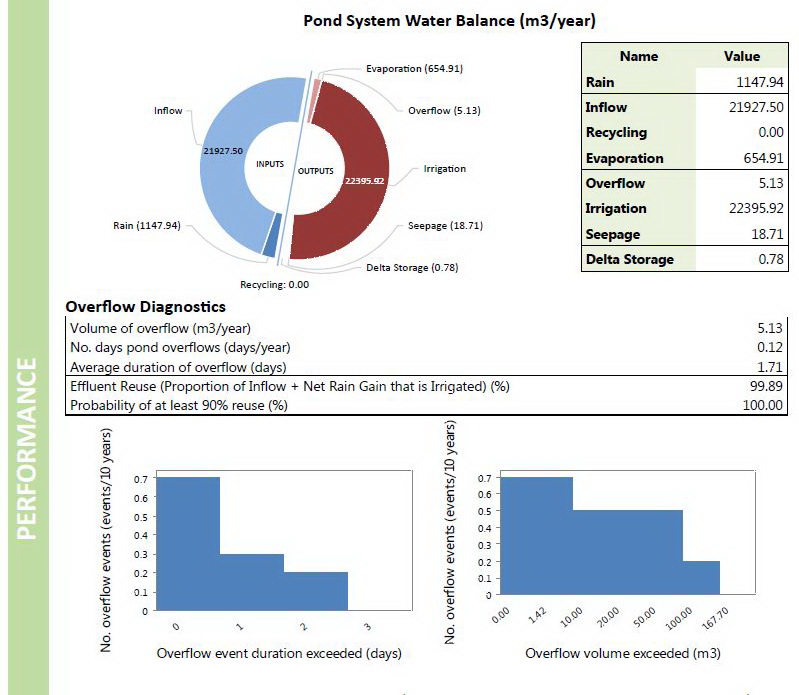MEDLI Modelling
Hydraulic and Nutrient Balance Modelling using MEDLI
Sustainable effluent management involves balancing the storage capacity of ponds with effluent irrigation, whereas sustainable irrigation of effluent involves matching irrigation to the water and nutrient requirements of the crop whilst controlling runoff and maintaining or enhancing the quality of the soil resource on the property. To meet these requirements and assess the long-term sustainability of any current or proposed effluent reuse system, modelling using MEDLI can be undertaken.
What is MEDLI?
MEDLI stands for the Model for Effluent Disposal using Land Irrigation. MEDLI is a specialist computer model for designing and analysing effluent reuse systems for intensive rural industries, agri-industrial processors (e.g. abattoirs) and sewage treatment plants using land irrigation.
MEDLI is a daily timestep model with scientific rigor. MEDLI models the complex dynamics of an effluent irrigation system using site specific historical climate data to determine the wet weather storage and irrigation area requirements for a specific location. It is widely known and used in the abattoir/sewage/intensive livestock industries and results accepted in all Australian States and Territories.
Our certified practicing soil scientist (CPSS) and MEDLI expert Justin Galloway, has personally performed MEDLI scenarios for sustainability and development application reports on over 200 occasions. The modelling results and associated irrigation management or site based management plan report have been accepted by various EPA’s and continue to operate.
The MEDLI services we can provide include:
- Determine appropriate pond sizes and acceptable overtopping frequencies
- Determine evaporation, rainfall additions and seepage from the pond system
- Determine sustainable nutrient and hydraulic loadings
- Assess crop performance and suitability
Contact Justin today for any information regarding MEDLI modelling.




